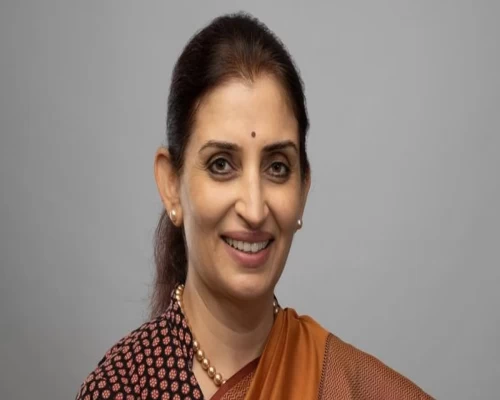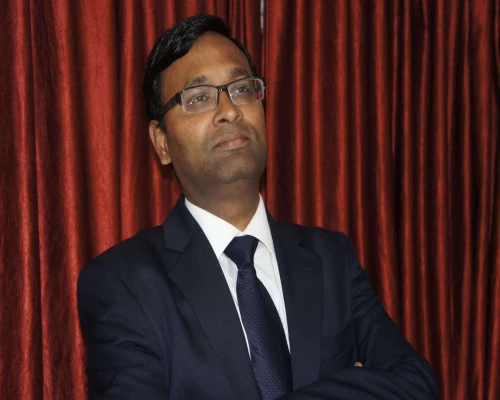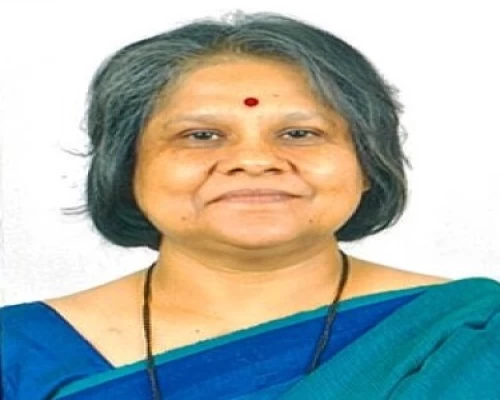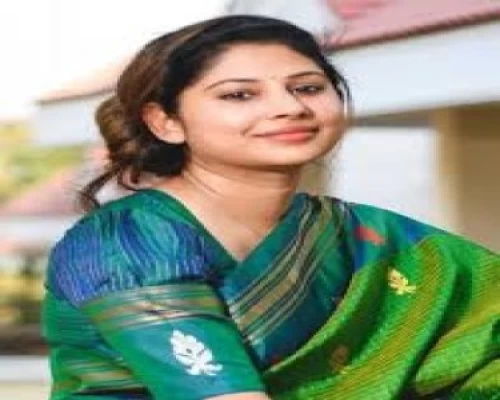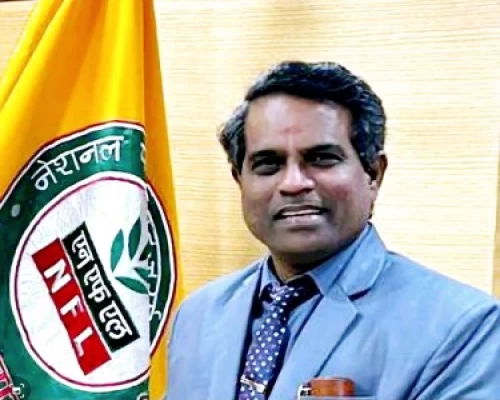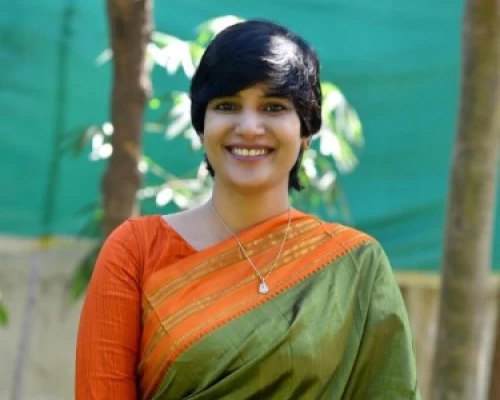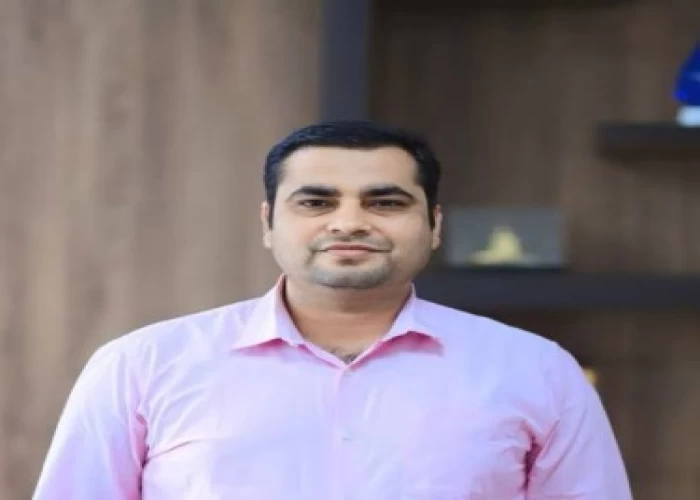
Bhopal: Raghvendra Singh, a 2014 batch IAS Officer and the current District Collector of Agar Malwa, brings a mix of academic excellence and administrative skills. With a B.Sc in Physics from Gorakhpur University, Singh continued his studies with MA and MPhil degrees in Political Science from JNU. Besides his administrative roles in Bihar and Madhya Pradesh, he recently authored '615 Purvanchal Hostel,' a novel exploring student life at JNU. In a conversation with Dr. Navneet Anand, Editor-in-Chief of Bureaucrats India, Singh shares insights into his life, experiences, and his journey as a civil servant.
What inspired your novel '615 Purvanchal Hostel'?
I wanted to vividly showcase the unique bond students have with their educational institute, especially at JNU. Despite facing challenges during my tenure as Naugachia DM due to floods, I was determined and completed the project between 2016 and 2023.
Can you give a brief overview of your book?
The book captures the holistic experience of being at JNU – navigating campus and hostel life, seeking guidance from seniors, academic pursuits, and a distinctive love story. It portrays the transformative journey molding individuals into a new version of themselves.
Reflecting on your journey as an IAS officer, can you share key formative experiences?
Coming from a modest background with Hindi medium education, convincing my parents to allow me to transition from science to arts at JNU was challenging but broadened my horizons. JNU played a pivotal role in shaping my perspectives and instilling a sense of purpose in public service.
Transitioning from Motihari to Agar Malwa, can you share notable experiences along this journey?
Challenges surfaced during my tenure as SDM of Naugachia when floods wreaked havoc. In Madhubani, efforts were made to enhance education, addressing absenteeism and improving the student-teacher ratio. At Alirajpur, initiatives like 'Operation Smile' for dental care and 'Netrajyoti Abhiyan' for cataract operations among the elderly proved rewarding in the tribal district, addressing critical healthcare needs.
Serving in both Bihar and Madhya Pradesh, what distinctions have you observed, and how have these states evolved during your tenure?
Bihar faces challenges, notably floods, impeding various development initiatives. Conversely, Madhya Pradesh demonstrates progress in agriculture and various fields due to its stable plateau region.
Your district earned the Best Electoral Practices Award twice. Can you highlight the initiatives that led to this recognition?
Focusing on youth during electoral roll revival was pivotal. The same approach was replicated in Alirajpur, with specific emphasis on engaging new voters in villages and empowering women voters.
Any advice for aspiring civil servants?
Approach the preparation with dedication and perseverance. The journey itself builds capabilities that enable individuals to stand out in various arenas, effectively navigating day-to-day challenges and seizing opportunities for positive change.
In your leisure time, what pursuits do you find most enjoyable?
I find solace in extensive reading, currently focusing on economic topics to inform my administrative decisions.
How do you view the role of social media today?
Social media should serve as a tool, not a force that dictates actions. Careful and mindful use is imperative to harness its potential for positive engagement, dissemination of information, and community building.
Any message for Bureaucrats India?
Congratulations for creating a platform that encourages dialogue and sharing diverse experiences. I encourage more individuals to connect, share their experiences, and contribute to this valuable platform, fostering a collaborative and informed community.



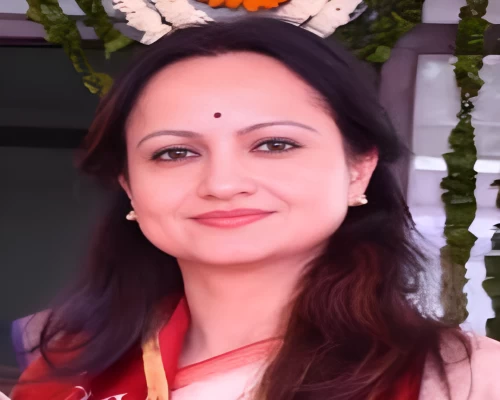
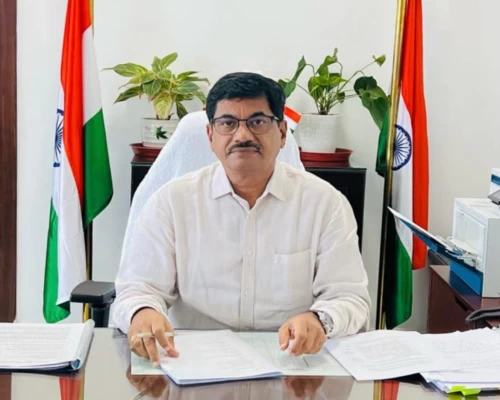
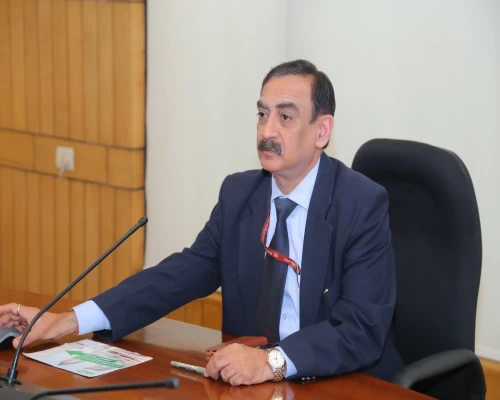
_500_x_400.webp)
